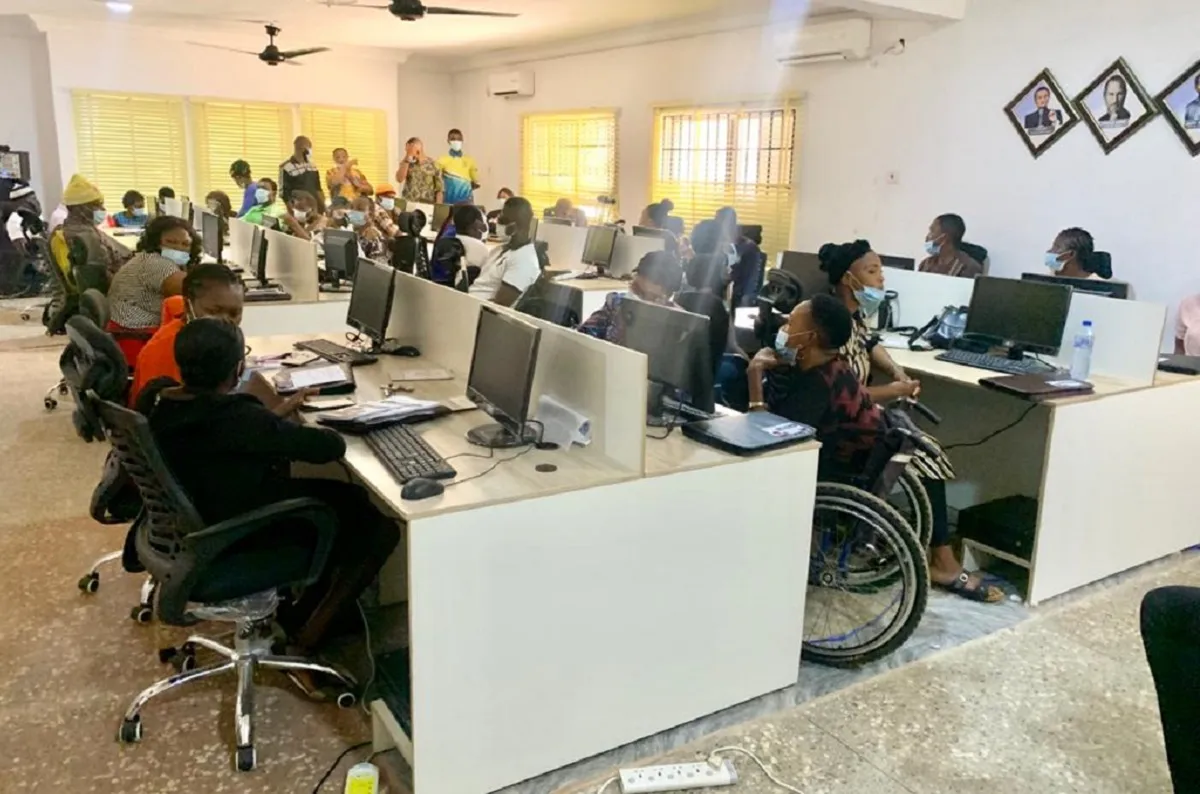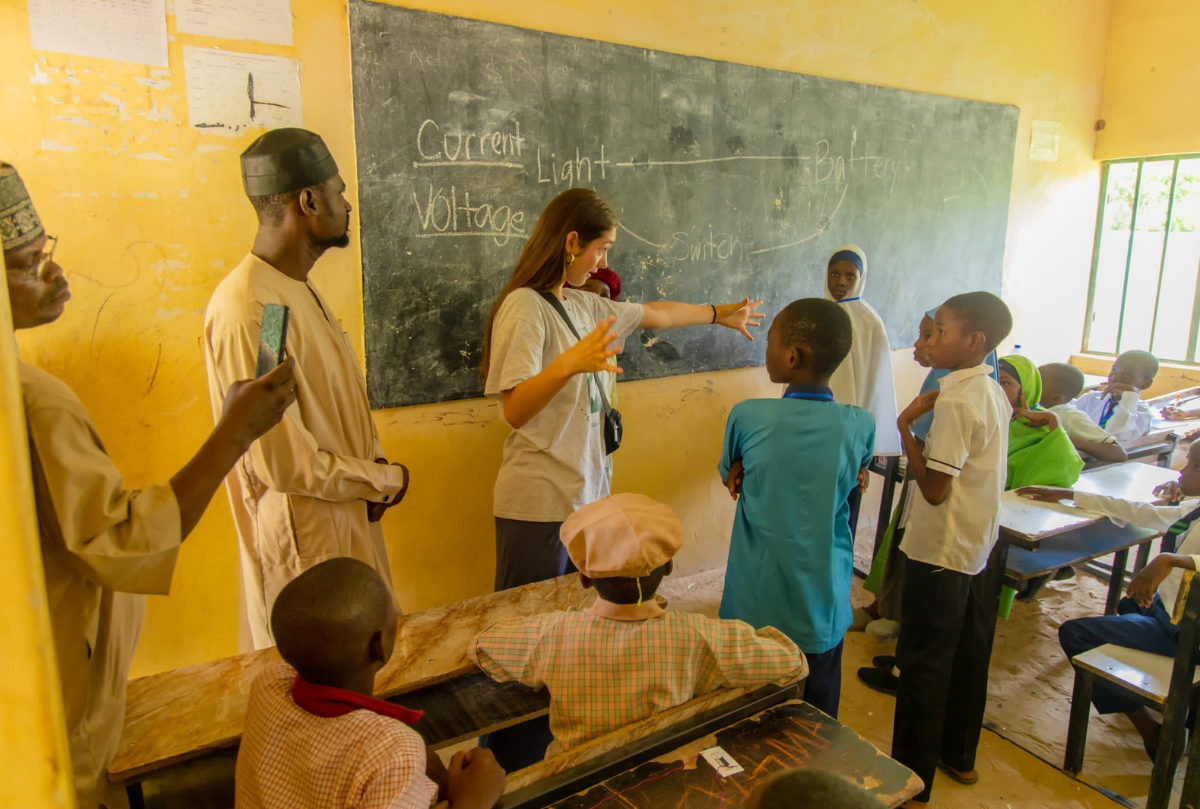The Inclusive Friends Association (IFA) has urged the National Information Technology Development Agency (NITDA) and other key stakeholders to prioritise the needs of persons with disabilities as Nigeria transitions into a fully digital economy.
This appeal was made during the Consultative Forum on Digital Literacy for Women and Girls with Disabilities, which was held on Thursday, October 17, in Abuja. The conversation focused on bridging the digital divide for marginalised communities.
Read also: Hackathon: NITDA, ECOWAS empower West African youths to protect continent’s cyberspace
Persistent Gaps in Accessibility
Grace Jerry, the Executive Director of IFA, emphasised that despite national disability rights laws and agencies, significant gaps remain in the accessibility and inclusivity of digital resources.
“These gaps severely hinder the quality of life for persons with disabilities, especially in the realm of digital literacy,” Jerry said.
She highlighted the critical issue facing the community, explaining that access to digital tools and skills is often limited, further excluding persons with disabilities from the digital economy.
“In line with global trends, up to 90 percent of persons with disabilities in Nigeria live in abject poverty,” Jerry added, stressing the urgent need for a more inclusive digital framework that addresses the unique challenges faced by these individuals.
The Urgency of Digital Literacy for Women and Girls with Disabilities
Citing a 2023 study by Tech4Dev, Jerry revealed a stark statistic: 61 percent of women and girls with disabilities in Nigeria lack the basic skills to operate essential digital devices, such as simply turning a computer on or off. This statistic, according to Jerry, underscores the urgency for intervention.
Jerry called for NITDA and other relevant government agencies to incorporate persons with disabilities—particularly women and girls—into Nigeria’s National Digital Literacy Framework (NDLF).
She stressed the importance of revising this framework to ensure inclusivity, especially as the country aims to achieve 95 percent digital literacy by 2030.
“Persons with disabilities must be at the centre of the digital literacy drive,” she stated, urging inclusive budgeting and strategic initiatives to close the growing digital divide.
Read also: Nigeria partners with Cisco to enhance cybersecurity
Collaborative Efforts Needed for Tailored Digital Programs
The Inclusive Friends Association recommended a collaborative approach between NITDA, the National Commission for Persons with Disabilities (NCPWD), and various disability organisations to develop digital literacy programs tailored to meet the needs of the disabled community.
Jerry restated that if Nigeria is to reach its ambitious goal of 95 percent digital literacy by 2030, the government must urgently address the unique challenges faced by persons living with disabilities. This is especially important for women and young girls, who remain the most vulnerable in Nigeria’s growing digital economy.
By focusing on inclusivity, Nigeria can ensure that no one is left behind as it pursues its digital transformation agenda.















